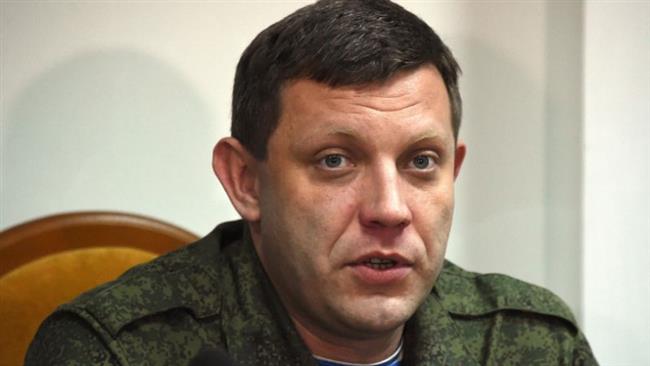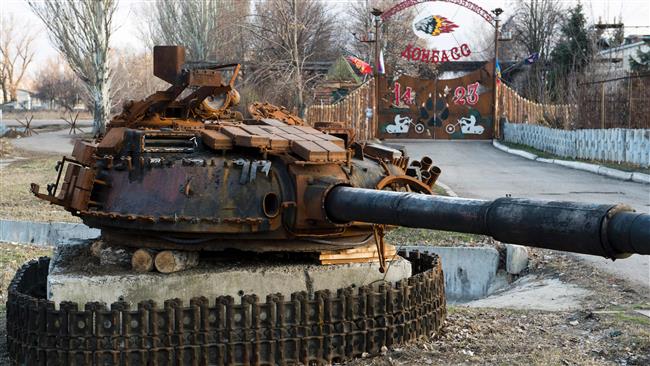EU extends sanctions against Russia over Ukraine crisis for six months
The European Union (EU) has formally extended for another six months its sanctions against Russia-linked individuals over their alleged role in the Ukrainian crisis.
The Council said in a statement on Monday that it "prolonged the restrictive measures over actions undermining or threatening the territorial integrity, sovereignty and independence of Ukraine for a further six months until September 15."
The 28-member bloc noted that the new sanctions, which include asset freezes and travel bans, apply to 150 persons and 37 entities, saying that the names would be officially published on March 14.
Last December, the EU extended for six months economic restrictions targeting Russia’s energy, banking and military sectors.
Moscow has time and again said the sanctions are ineffective and counter-productive in ending the conflict in Ukraine.
The economic sanctions against Moscow were originally introduced in March 2014, after the strategic Black Sea peninsula of Crimea rejoined Russia following a referendum.
Since then, the EU, the US and some other Western countries have imposed several rounds of sanctions against Russia over accusations that Moscow has been involved in the deadly crisis in Ukraine, which has so far killed more than 10,000 people. The Kremlin has, however, strongly rejected the accusations.
Ukraine’s armed conflict broke out when Kiev launched military operations to crack down on pro-Russia forces in the eastern sector of the country.
In September 2014, the government in Kiev and the pro-Russia forces signed a ceasefire agreement in the Belarusian capital of Minsk in a bid to halt the clashes in Ukraine’s eastern regions.
The warring sides also inked another truce deal, dubbed Minsk II, in February 2015 under the supervision of Russia, Germany and France.
Since then, however, both parties have on numerous occasions accused each other of violating the ceasefire.
Turkey's foreign minister meets Syria's de facto leader in Damascus
'Next to impossible' to rescue patients from Gaza's Kamal Adwan Hospital: Director
VIDEO | Vietnam current prosperity
Report blames gasoil exports for shortage at Iranian power plants
VIDEO | Hind Rajab Foundation names Israeli war criminals vacationing after Gaza genocide
VIDEO | Australians rally for Gaza ahead of Christmas festivities
VIDEO | Attacks on Sana'a
Iran reports further drop in annual inflation rate in December














 This makes it easy to access the Press TV website
This makes it easy to access the Press TV website